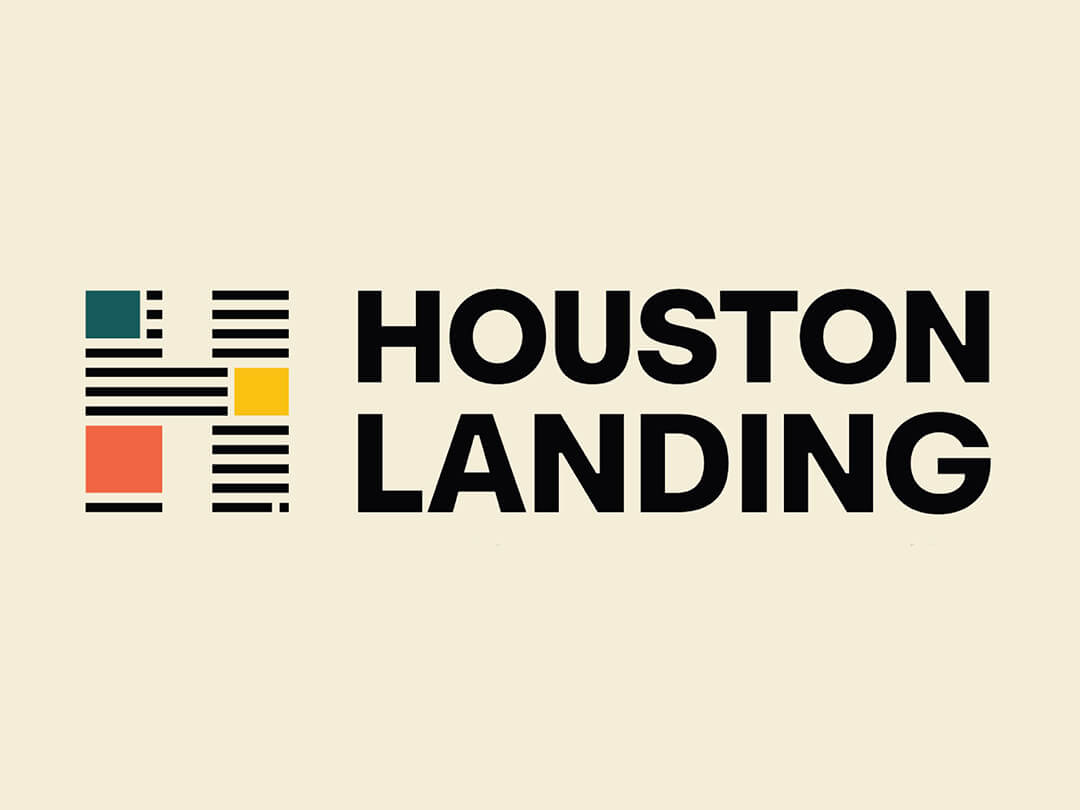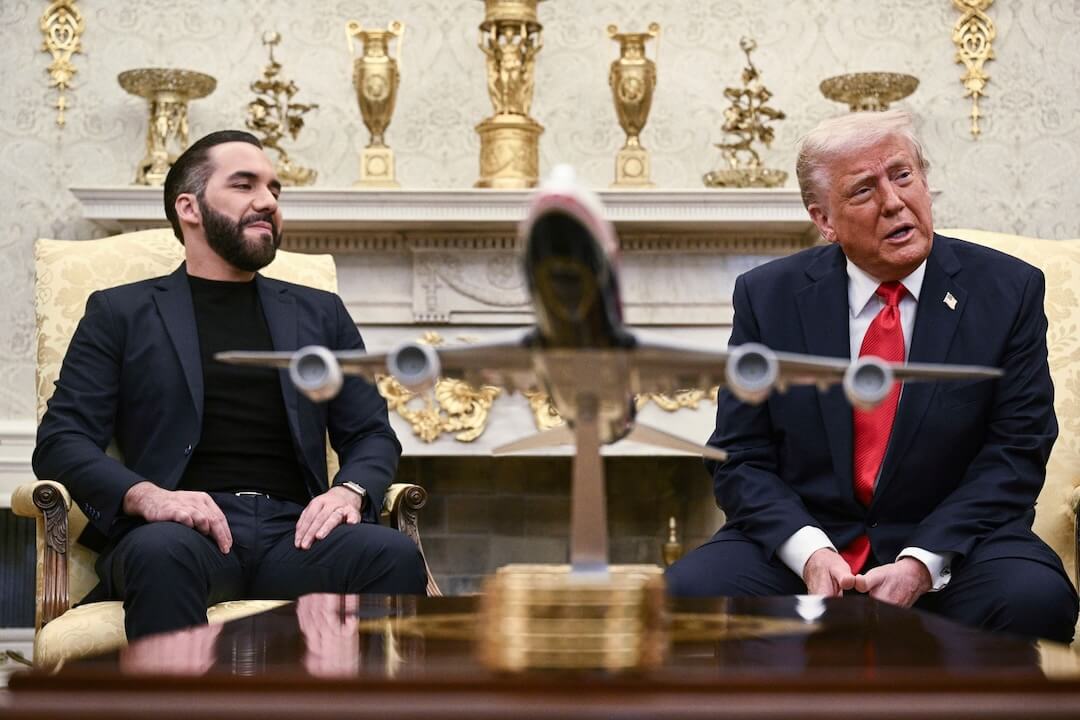My wife has four college degrees. I have two. I asked her last night if she could tell me the definition of an oligarch. She said, “You know, I googled that very thing yesterday.”
I offer that little example to show how journalists are using a word that I suspect most people do not understand — and maybe you don’t either.

(Oxford Languages)
It made me think about how many Americans such a definition would apply to. And I am sure you notice that in the last couple of weeks, the word “oligarch” is not used as a compliment. The implication is if you are rich and Russian, you are corrupt and are enmeshed in the invasion of Ukraine.
But let’s press further on how oligarchs play into Russian politics and Ukraine. The word oligarchy starts to color how we should think about the people who make up that group:

(Oxford Languages)
So, by definition, if you were rich and so powerful and you were part of a select group of people who had control over, say, Russia, then you would be responsible for what that government is doing.
The history of oligarchy is as long as the history of rich powerful people who influence and run governments. In fact, back in 2014, a couple of researchers suggested that the American government is so influenced by the rich and powerful that it comes close to being a government of and for the economically elite.
Modern oligarchs in Russia came to wealth, power and influence in the early 1990s when the Soviet Union collapsed and they cashed in on the collapse of major government-run institutions, including industry, banking, oil, agriculture and mining. Newsy explains what happened next:
“These are not people who invented Google or Microsoft or Amazon. These are people that took over state industries that were there during the Soviet era, and in 1991, there was a mad scramble for who was going to run these industries,” said Howard Stoffer, a professor of national security and international affairs at the University of New Haven. “(The oligarchs) all took over these industries and they all became these muti-zillionaires.”
As long as they stayed loyal to Vladimir Putin, the oligarchs lived the lives of the rich and infamous — a world of yachts, private schools, private jets and sports teams. But Putin’s Ukraine invasion threatens that lifestyle.
Some of the people who fit the oligarch definition are calling on the Russian invasion to end. They include Mikhail Fridman and Oleg Deripaska, who made their fortunes in banking and aluminum production respectively.
Another person described as an oligarch is Vladimir Potanin, who is a major donor and trustee of the prestigious Guggenheim Museum. He just stepped down from that post. The New York Times profiles others who fit the definition of an oligarch who have also been prominent contributors to the arts in America and Europe. Big institutions are now trying to separate themselves from those friendships.
These elite Russian influencers own copious amounts of real estate in the US and Europe.
The U.S. Justice Department launched a task force it is calling “KleptoCapture” to go after Russian oligarch assets. Media stories are starting to focus on a small group of billionaires who own ultra-expensive properties in the U.S.
The most definitive collection of oligarch names is contained in the list dubbed the “Navalny 35,” named after the jailed Kremlin critic and poisoning survivor Alexei Navalny. It was Navalny, the head of the Anti-Corruption Foundation, who named these 35 Russians.
Just two of the Russians caught in the crossfire have had a combined total of $22 billion in assets frozen by the European Union. The BBC reports:
A yacht owned by Igor Sechin, boss of Russian state energy company Rosneft, was grabbed by French customs officers near Marseille.
German authorities seized a $600m vessel owned by Russian metal tycoon Alisher Usmanov according to reports.
They are the latest moves against Russia as sanctions are ramped up.
The BBC understands that some oligarchs sanctioned by the European Union are “shocked” to find their debit cards no longer function, and they are now relying on using cash from safes.
By one estimate, Russian oligarchs laundered $2.3 billion in real estate, jewelry, art and yachts in the last five years. The group Global Financial Integrity looked at 100 real estate transactions in the U.S., Canada and Great Britain over five years. They often use shell companies and complex corporate structures to hide the assets. (Learn more about how oligarchs move money with the help of others from this investigation by the International Consortium of Investigative Journalists.)
This Twitter page tracks the airplane travel of some of the best-known oligarchs. Another tracks “VIP Russian jets,” which Putin may use but not necessarily be aboard at any given time. Data from MarineTraffic, a global intelligence group, tracks the movement of ships, including the mega-yachts owned by Russian oligarchs. The data shows the big boats have been on the move in recent days.
NBC News explored the legality of seizing assets from an oligarch without a trial or other usual criminal charges:
For starters, it’s legal under the Civil Asset Forfeiture Reform Act, which has its roots in the 18th century when America would seize cargo from foreign ships that didn’t pay a customs or import tax. It also grew in use as a drug law enforcement tool in the 1980s, and it’s a common tool against terrorists and fugitives.
The law allows one’s assets to be forfeited to the federal government in connection with a long list of federal or foreign crimes, but it’s a separate action from any criminal litigation. Civil forfeiture laws have become popular ways for state and local governments to raise revenue, although critics say it’s a practice abused by law enforcement to profit off of criminal activity.
Under the law, prosecutors can consider freezing the asset or seizing it, which requires a probable cause standard and potentially a warrant from a judge.
Freezing assets keep them from being sold or transferred. The U.S. government can confiscate and even sell assets if prosecutors can prove they are linked to illegal activity. If the asset is a revenue producer, such as a New York skyscraper, then any rent it produces could be frozen, too.
Back to my original question: The phrase “Russian oligarch” refers to a smallish group of 35 or so billionaires who have profited from their association with Putin and his government by being deep insiders in government affairs.
This article originally appeared in Covering COVID-19, a daily Poynter briefing of story ideas about the coronavirus and other timely topics for journalists. Sign up here to have it delivered to your inbox every weekday morning.







